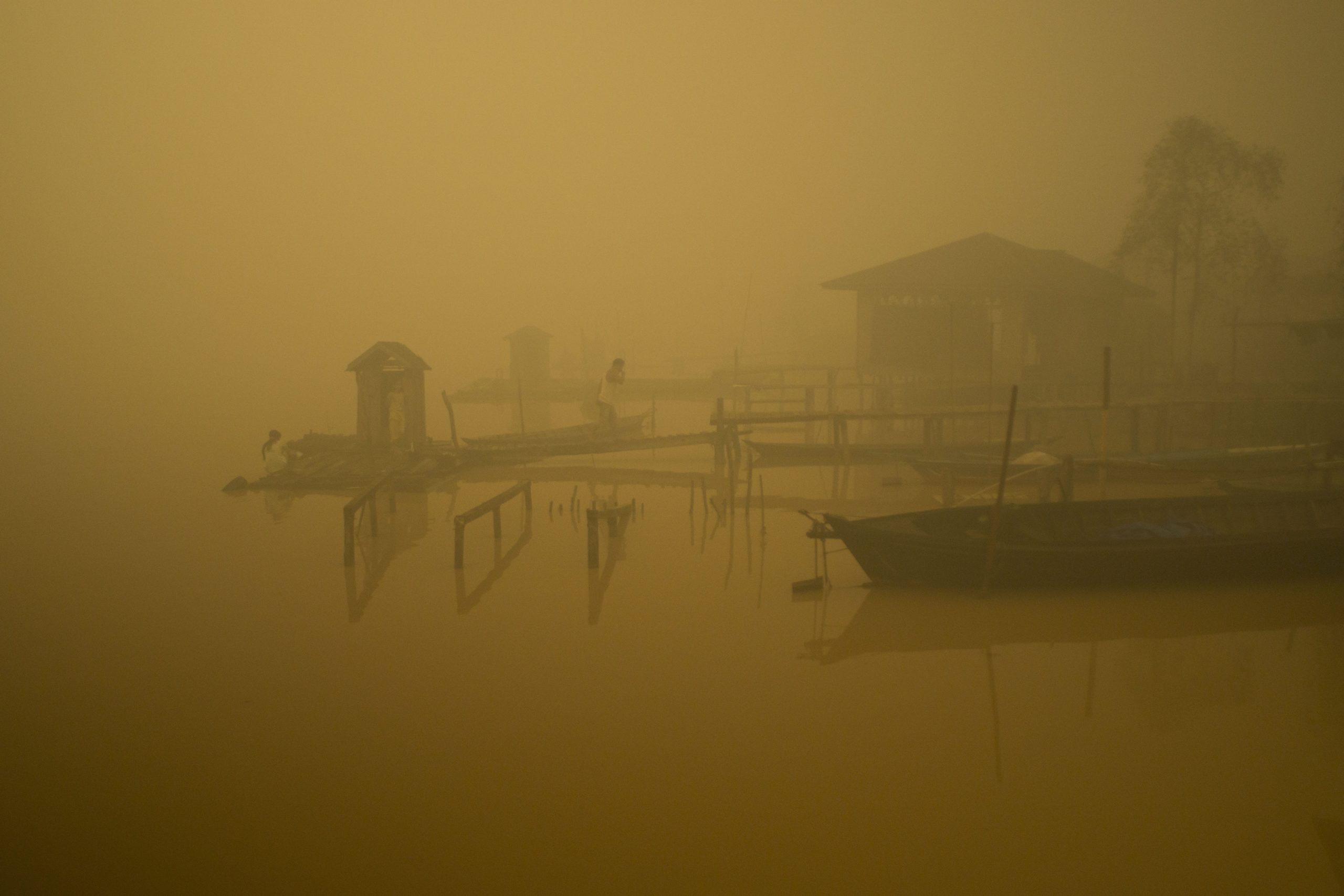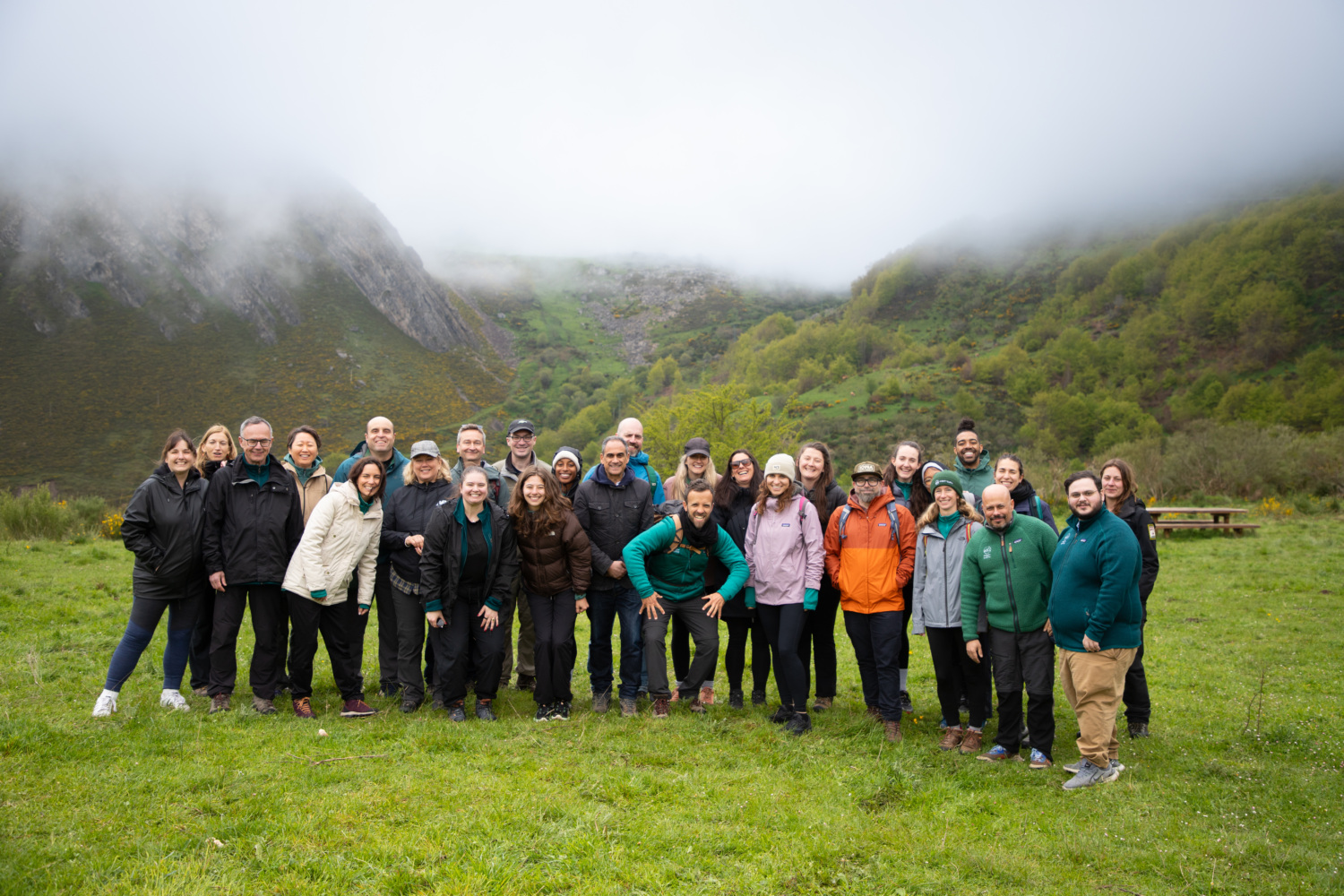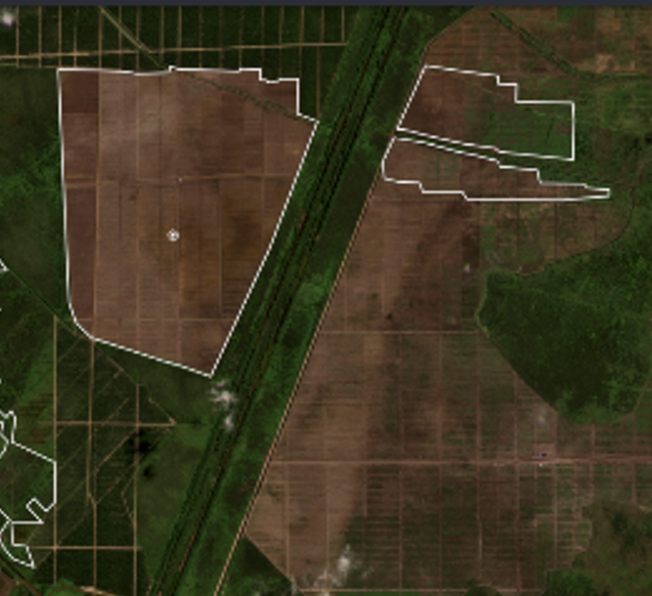
Indonesia Deforestation, Forest Fires Compound COVID-19 Threat
500+ health professionals’ open letter urges Indonesian govt action to prevent forest and land fires
The Indonesian government must recognize and take preventative action against the threat that forest and land fires pose in compounding the public health risks of COVID-19, urged more than 500 medical professionals in an open letter published on September 24. The letter was shared with Dr. H. Andi Akmal Pasluddin, M.M. (Commission IV DPR RI) and General TNI Doni Monardo (Head of SATGAS Covid-19 / Head of BNPB) during a webinar entitled “Preventing Deforestation for a Healthy Indonesia” organized by Tempo Media Group in collaboration with Yayasan Madani Berkelanjutan and Yayasan Alam Sehat Lestari (ASRI) on Thursday, September 24, 2020.
The webinar attracted 234 participants and underscored the medical and health necessity of forest and land fire prevention in this pandemic era. The webinar drew attention to the troubling fact that the novel coronavirus, which causes COVID-19, is spreading across Indonesia at the same time of the year when the risk of forest and land fires are highest. Both COVID-19 and fires can have fatal consequences for public health, and smoke inhalation from those fires have the potential to worsen the medical outcomes of those who develop COVID-19. COVID-19 is already burdening the capacity of Indonesian hospitals, and that stress on the medical system will only worsen if members of the public require medical care from inhalation of smoke created by forest and land fires. The combination of COVID-19 and forest and land fires will also complicate disaster management efforts of local governments.
“I am very grateful to my colleagues who already took the time to support by signing this open letter in the midst of fighting this Covid-19 pandemic. Public health problems must be resolved from upstream to downstream. Prevention of forest and land fires and deforestation in general, is an integrated effort to maintain and improve the health of the people of Indonesia and the world. Do not let the Covid-19 situation become complicated, such as at this time public health is increasingly burdened by the haze of forest and land fires. At this point we are lucky because the dry season is not as dry and as long as usual. In the future, let’s continue to protect our forests, for a healthier Indonesia,” said drg. Monica Nirmala.
The webinar’s keynote speaker, Prof. DR. dr. Nila Moeloek, Sp. M (K) (Minister of Health of the Republic of Indonesia 2014-2019), also warned of the compounded health threat posed by fires and COVID-19. “Smoke can come from cigarettes,[and] it can also come from forest fires, [which] will eventually irritate the lungs. We expect oxygen to easily enter our lungs to breathe, but it turns out this virus [puts the Indonesian public] at greater risk when lungs are affected by [smoke from] forest fires.”
Based on government data, forest and land fires have burned around 64,600 hectares from January-July 2020. Analysis from Yayasan MADANI Berkelanjutan also shows that there was an expansion of the potential burn area from 18,000 hectares in July to a total of 84,000 hectares in August. Fortunately, in September, as the dry season has started to shift to the rainy season, forest and land fire “hotspots” have started to decrease.
Despite the fact that the weather conditions are often erratic this year, so that the air temperature is not as hot as usual, the potential burn area data show that the government needs to be more vigilant and expend maximum effort so that an even worse disaster can be avoided. This situation can get worse if public awareness to participate in protecting the environment and forests is minimal and law enforcement and monitoring of corporations is not occurring.
Muhammad Teguh Surya, (Executive Director Yayasan MADANI Berkelanjutan) cautioned that the forest fire situation in Indonesia today should not be taken lightly. Teguh Surya warned that there are still many factors that cause forest and land fires apart from weather which are even more worrying and that we must be aware of including changes in land cover as well as forest and peat lands destruction.
“In MADANI’s analysis for the last five years, the 2015 to 2019 period saw 5.4 million hectares of forest and land burned. There are three factors that influence the increase and decrease of forest and land fires in an area. The first is changes in land cover. Second, the existence of a [business development] permit, and thirdly, damage to the function of the peat ecosystem. So it needs proper mitigation and anticipation in the face of forest and land fires by protecting forests and restoring peat as well as ensuring the level of compliance of the permit owner to prevent forest and land fires,” said Teguh Surya.
In addition, the government’s economic stimulus “Omnibus Bill,” which parliament is expected to approve in the coming days, contains provisions which will heighten the risk of both forest fires and future pandemics. If parliament approves the Omnibus Bill without removing those controversial elements, it has the potential to accelerate the destruction of forest areas in Indonesia. That destruction will harm the local and indigenous communities as well as the biodiversity that live in and around the forest.
For the public good, the government and legislators should suspend passage of the Omnibus Bill in its current form to avoid such environmentally detrimental impacts. A MADANI study of the Omnibus Bill’s negative impacts include the likelihood of an acceleration of destruction of natural forests. Specifically, five provinces – Central Java, Bangka Belitung, South Sumatera, Jambi, and Riau – are in danger of losing all their natural forests to deforestation if the bill is passed in its current form. In addition, there are several provinces -Central Kalimantan, Aceh, West Nusa Tenggara, West Kalimantan, West Sumatera, South Kalimantan and Jambi – that are in danger of losing all of their natural forest outside the PIPPIB area due to deforestation linked to elements of the Omnibus Bill. This likely environmental destruction linked to the Omnibus Bill in its current form will also have malign knock-on effects on the marine sector, fisheries and the Indonesian economy.
There is a very close relationship between forest sustainability, human health, and government regulations. If any one of these three elements negatively impact the others, it can have a significant adverse effect not only for the environment, but also for human life and health, including creating the conditions for a pandemic. It is well-established that the novel coronavirus which causes COVID-19 is a zoonotic illness which originated in an animal species similar to HIV/AIDS, Ebola, SARS and MERS. Zoonotic illnesses jump from animal species to humans for reasons including shrinking natural forest cover caused by deforestation. Therefore, preventing deforestation and educating the public about the importance of protecting the natural environment are essential in order to create a healthier Indonesia.
Webinar Attendees Included:
drg. Monica Nirmala, MPH (Senior Public Health Advisor Yayasan ASRI), Muhammad Teguh Surya (Excecutive Director Yayasan Madani Berkelanjutan), Dr. H. Andi Akmal Pasluddin, M.M. (Commission IV DPR RI), General TNI Doni Monardo (Head of SATGAS Covid-19 / Head of BNPB), moderated by Wahyu Dyatmika (Chief Editor of Tempo Magazine). The event was opened by Prof. DR. dr. Nila Moeloek, Sp. M (K) (Minister of Health of the Republic of Indonesia 2014-2019) as Keynote Speaker


